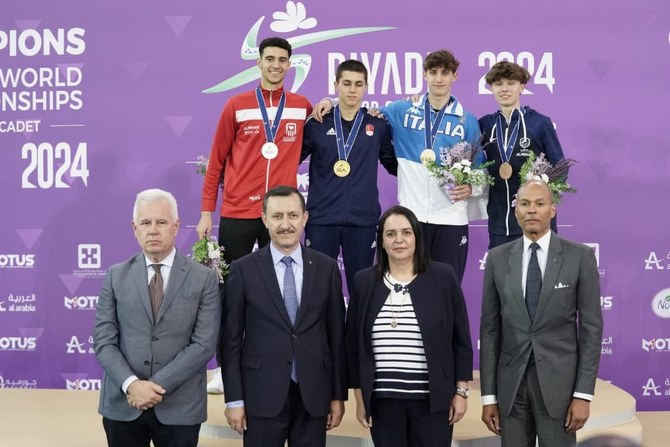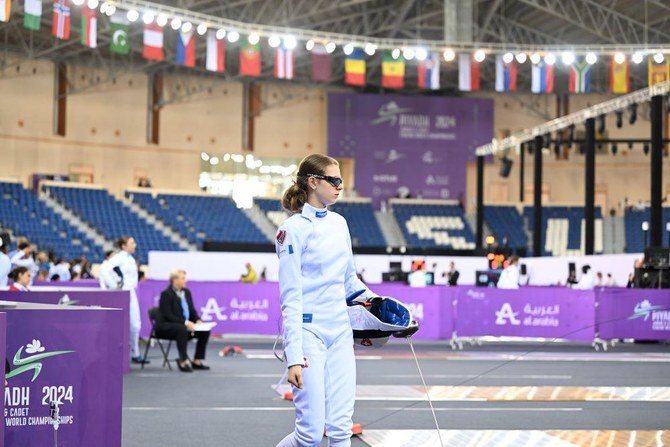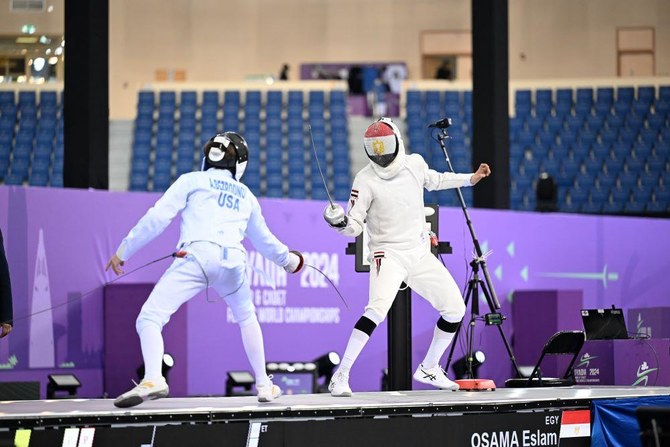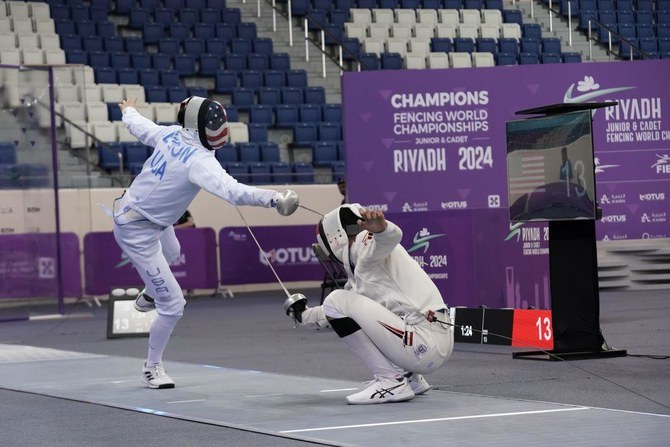DUBAI: Saudi Arabia will again host several major world motorsport championships it has been confirmed, with 2026 dates announced by international governing body, the FIA.
The Formula 1 STC Saudi Arabian Grand Prix weekend will take place on Jeddah’s street circuit from April 17-19, with the 24 cars running on 100 percent sustainable fuel.
The news was confirmed at the FIA World Motor Sport Council meeting in Macau yesterday, chaired by the president of the FIA, Mohammed Ben Sulayem.
Three other F1 world championship rounds will also be held in the Middle East — in Bahrain from April 10-12, Qatar from Nov. 27-29, and the season finale in Abu Dhabi from Dec. 4-6.
The Kingdom will also once more stage back-to-back races in Jeddah as part of the ABB FIA Formula E World Championship calendar, from Feb. 13-14, while four rounds of the 2026 F2 Championship will be held in the Middle East to coincide with the F1 races on 13-14 February, while four rounds of the 2026 F2 Championship will form part of the F1 weekends in Bahrain, Saudi Arabia, Qatar and Abu Dhabi.
The Dakar Rally again kicks off the FIA World Rally-Raid Championship, from Jan. 3-17, while the Rally du Maroc takes place from Sept. 28 to Oct. 3 and the Abu Dhabi Desert Challenge from Nov. 22-27. Bahrain will represent the Middle East as part of the 10-round F3 calendar.
Ben Sulayem told World Motor Sport Council members: “2025 is proving to be an exciting year across all our championships with technological milestones being reached, new talent emerging and battles being fought on the track and across stages each week.
“This year is a powerful opportunity for us to innovate and grow. New agreements across our championships are unlocking fresh potential, we are enhancing the level of competition and expanding our global reach. Each race shows the passion and dedication of our community.”
The World Council also approved one of the final pieces of a compelling puzzle that will mark the start of a new era for the FIA World Rally Championship from 2027.
The rules have been undergoing final refinements and updates over the past six months, and confirmation in Macau of the reference volumes for bodywork cements the commitment set out by the FIA to put flexibility at the core of the regulations.
To this end, the rules define a zone in which all of the bodywork panels must be located, but manufacturers and constructors have freedom within it to scale and integrate wide-ranging designs.
This means cars ranging from saloons to hatchbacks, crossovers and completely bespoke designs could be entered over the 10-year regulation cycle through to 2037.































